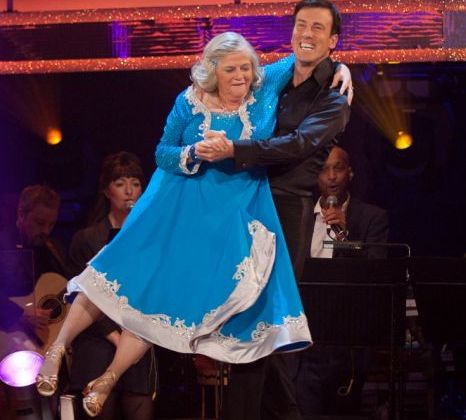Lenny on the budget:
However, the government does have a strategy, which involves terrorising and cajoling people. They have talked up the need for cuts, quite relentlessly, once in office. They have tried to create a panic about the state of the public finances, simulating a Greek-style shock, though in fact the fiscal situation is better than it was thought it would be. They have used the budget to not merely cut, but threaten severe attacks on all non-ringfenced public spending, slashing an average of a quarter of the budget across departments. But their real target is, and always has been, welfare. They hope that by scaring people about what they will do to education, transport, justice, etc., they will gain support if they suddenly decide to shift more of the burden to welfare.
And on the subject of welfare, quelle surprise, they are coming back for more. To begin with, promises enshrined in the coalition agreement that supposedly protected the poorest, such as the pledge not to attack bus travel subsidies and winter fuel payments for pensioners, are about to be tossed overboard. The welfare system is experiencing a phased attack, each additional blow intended to gain acquiescence and soften people up for more. The FT approves, editorialising in favour of more welfare cuts, and cuts in public sector pay, to avoid cuts in other areas such as justice and transport. The Economist agrees, bemoaning the fact that no party could publicly call for attacks on welfare during the election, but insisting that welfare must bear more of the burden. This is the ruling class in full battle cry – bail out the banks, pay off the bond traders, keep the basic infrastructure working, and make the poorest bear the cost.
The Tory budget would not be possible without the LibDems. Had they not gone into coalition with the Tories, the latter would’ve had to form a minority government and not have the support to put through such a radical plan. There’s not much difference in the three parties’ economic views, but only the Tories see the current crisis as an opportunity. And because the LibDems have committed themselves to support the coalition for its full term, they have no room to negotiate (assuming they’d even want to); they’re stuck with the Tories and no longer believeable as a sensible alternative to either them or Labour. Phil thinks he knows what that means for the party’s longer term future:
For a variety of reasons – some positional, some tribal – the possibilities open to the Lib Dems have been massively reshaped by their alliance with the Tories. The formation of the coalition, in and of itself, will have made it almost impossible to take the Lib Dems seriously as a party of the centre-left, or even the centre, for a very long time; I don’t think the party leadership realised just how big a break they were making with the old tradition of ‘equidistance’, let alone the party’s more recent position on Labour’s left-libertarian flank. But there was also a second miscalculation, and a larger one. The coalition is designed as a long-term project, with a five-year expiry date – and every day of those five years will bring negotiations, adjustments, decisions to retreat from Lib Dem priorities or accede to Tory policy. In other words, the Lib Dems are locked in to a process of rapprochement with the Tories: they’re not merely a satellite of the Tory planet, they’re a satellite in a decaying orbit.
This is roughly what happened to D66 in Balkenende’s second to last government. A left-liberal party like the LibDems, they too sold out their principles for government participation and were punished by the voters in the next elections, dropping to only two seats in parliament. It was only thanks to a clever repositioning as the anti-Wilders party that they managed to come back, but it took years.
The root causes for both parties’ behaviour are the same. Though they are described as being leftwing, on economic issues they’re on the right, comfortably neoliberal and firm believers in capitalist realism: the idea that the current system is the best we can do and can only be tweaked, not changed. They distinguish themselves through social issues that are far less rooted in ideology. So if you agree on the fundamental economical questions, what’s left is just a series of issues you can trade with other parties. Labour may be a bit more gay friendly but that’s offset by the Tories opposition to 90 days detention, etc. So for the LibDems working with the Tories was no different from working with Labour, even though voters disagreed. The endresult: this budget, which lets the poor pay for the crimes of the rich.
UPDATE: The Liberal Democrats are already paying the price for enabling the Tories:they’re going down in the polls. Of course, if the coalition does stay the course this may not matter; a lot can happen in five years. But it would fit the pattern D66 has established: doing well in opposition as the respectable party, plummeting when in government.
